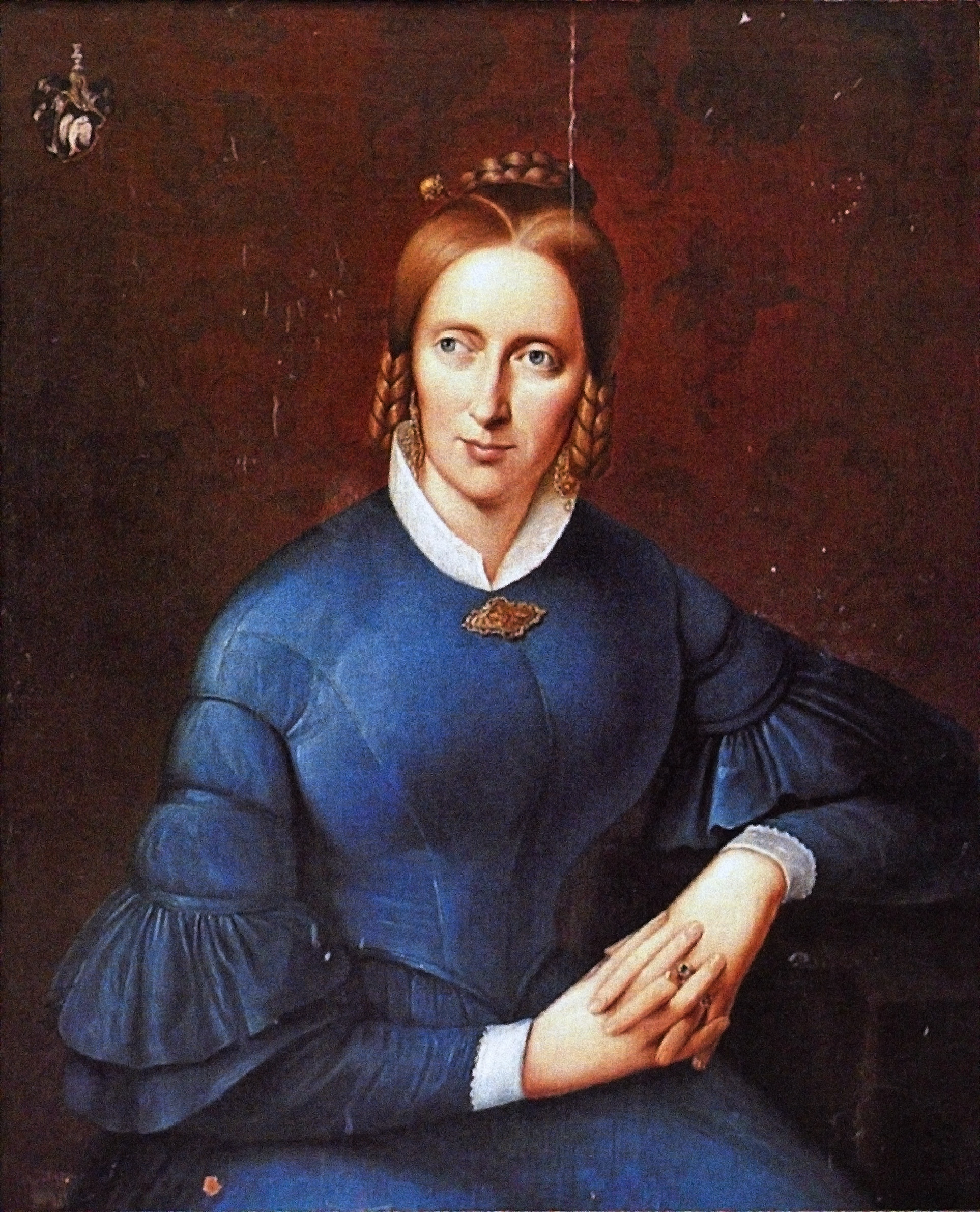
This piece was originally commissioned (in German) for the exciting Trans|Droste project, where you can find English, Arabic, French, Farsi, Kurmancî and Turkish translations of the work of the 19th-century poet Annette von Droste Hülshoff, including by Annie Rutherford.
I am writing this wrapped in a blanket on a day I have otherwise claimed as a sick day. I am sitting with my laptop on the sofa because it’s the one seat in the flat where, as long as I prop a cushion behind my head, I can lean back and feel my head supported, a support indispensable on fatigue days. If you ever see me sitting with my chin on my fist, it is a surefire sign that somewhere in the back of my skull fatigue is brewing.
I started translating Annette von Droste Hülshoff a year or two before developing chronic fatigue syndrome, and I have to confess that in those first months of our acquaintance, I often overlooked the throwaway sentences which hinted at her citizenship in the kingdom of the sick:
‘I cannot tell you much about my current life – once you have seen one day here, then you have seen them all. I write, read what I am sent by the goodness of my friends, knit a very very little (in the evenings), and sometimes for a change I am unwell…’
Letter from Droste-Hülshoff to Henriette von Hohenhausen, 14 January 1840
Droste’s tendency to headaches, her childhood sickliness, the months in which she barely wrote due to repeated and extended illness are mentioned in her various online biographies, but they rarely merit more than a sentence. It wasn’t until I was making my own tentative explorations into the kingdom of the sick that I was stopped by a jolt of recognition. (That frisson when you see a normally hidden part of your life reflected in a text is one of the most exciting things about being a reader – and what are translators if not the closest readers?)
I don’t believe that you need to have the same identity as an author in order to translate them. How could I? I am not a nineteenth-century German aristocrat, and so much of the life of Baroness Anna Elisabeth Franziska Adolphine Wilhelmine Louise Maria von Droste zu Hülshoff, to give Annette her full title, is literally foreign to me. But of course our experiences inform our understanding of a text, and possible interpretations get overlooked when translators, biographers and critics are overwhelmingly straight or male or able-bodied. (Cue my amusement when a fellow translator insisted that the narrator of one of Droste’s poems had to be male – “because otherwise it would be lesbian!” Errr, yes.)

How do we read and translate Droste differently when we think of her as a chronically ill writer? We might examine the extra nuance in her frustration, expressed in poems like ‘Am Thurme’, at the physical confinement of being a woman. Or we might shine a light on her brilliant evocation of the eerie and uncanny – author Polly Atkin has written beautifully of the dreamscape that illness opens up to us, of the blurred border then between dream and reality, between body and environment. We might consider Droste’s dedication to the short form of poetry, never writing anything longer than a novella despite living in the heydey of the young novel; despite its modern reputation of being hard to read, for readers and writers with limited energy, poetry is one of the most accessible genres. We might pause when, in letters and diaries, she writes of loneliness.
Above all, I want us to see Droste, to see all of her. I want to bring her closer to us. I want a reader of the English translations to be able to be sitting on a sofa, head supported by a cushion, a headache behind their eyes and fatigue brewing in the back of their skull, and to see themselves reflected as they read.